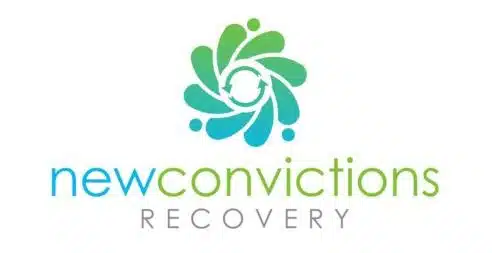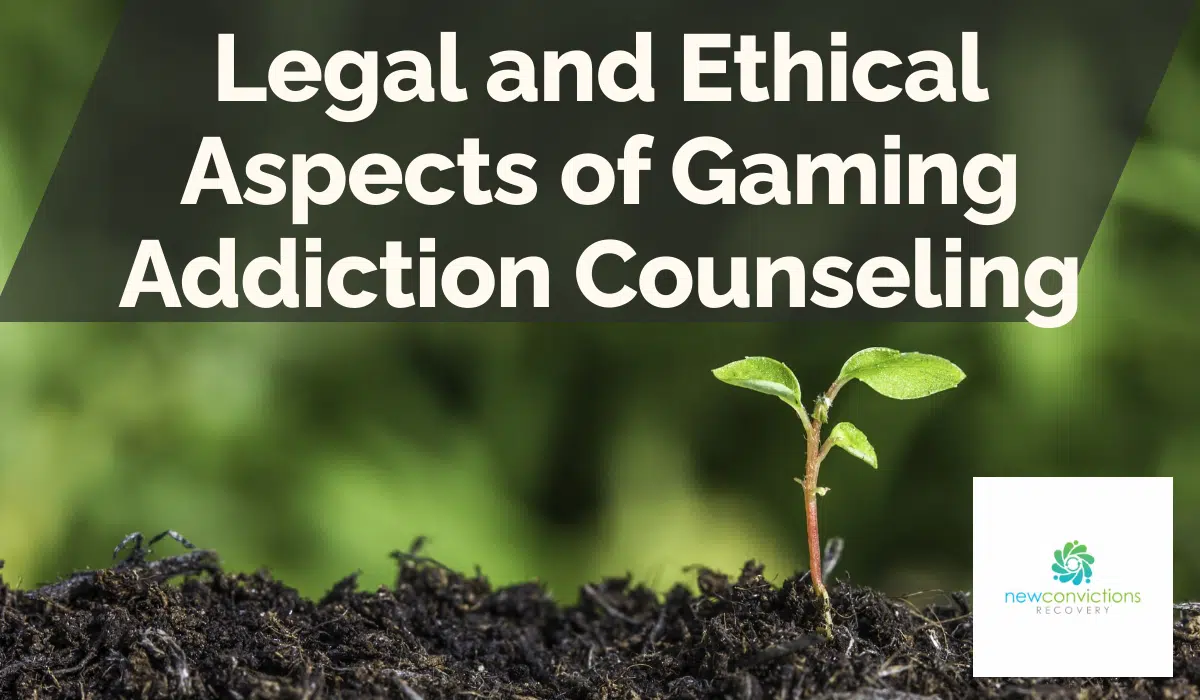As the digital age progresses, one emerging issue that has gained attention is gaming addiction. It is now recognized as a mental health disorder by the World Health Association (WHO). Clinical professionals such as individual counselors and family therapists now commonly encounter clients struggling with this form of addiction. As with all forms of therapy, it is essential to understand and abide by the legal and ethical aspects of gaming addiction counseling, ensuring the welfare and rights of patients are upheld.
Legal Aspects of Gaming Addiction Counseling
Therapists handling cases of gaming addiction must be aware of the legal aspects that govern the field. Counselors are legally required to uphold the privacy and confidentiality of their patients, for example. In the U.S, laws like the Health Insurance Portability and Accountability Act (HIPAA) govern how health information should be handled.
Ethical Counseling for Gaming Addiction
Therapists must also follow ethical guidelines when providing gaming addiction counseling. According to the American Counseling Association (ACA) code of ethics, counselors must operate with integrity, respect the dignity and promote the welfare of clients. They must also avoid harm and impose no unfair discrimination while providing treatment. Furthermore, they should promote the autonomy of their clients, ensuring they have the agency and understanding to make informed decisions about their treatment.
Therapy Standards for Gaming Addiction Counseling
Therapists working in this field must adhere to a set of professional standards. They should be trained and competent in treating gaming addiction, able to cater to the unique needs of their clients. They ought to keep up with research developments and advancements in the field, improving their knowledge and skill set as necessary. Counselors should also be capable of recognizing the signs of gaming addiction and distinguishing it from healthy gaming behaviors and other mental health disorders.
Therapists and Family Involvement
Family therapy can be a critical component in tackling gaming addiction. Therapists may involve family members to provide a supportive environment for the person with the gaming addiction, educating them about the nature and effects of the addiction, and teaching coping mechanisms and support strategies.
FAQs about Gaming addiction Counseling
- Can gaming addiction be treated through therapy?
Yes, both individual and family therapy have proven effective in treating gaming addiction. Techniques include cognitive-behavioral therapy, motivational interviewing, and family therapy interventions. - Are there legal implications if therapists breach confidentiality?
Yes, if therapists breach confidentiality without proper justification, they might face legal consequences such as lawsuits, license revocation, or penalties. - What is the role of family in the treatment process?
Family members can provide emotional support, act as accountability partners, and help in creating an environment that fosters recovery.
Conclusion
Therapists engaged in gaming addiction counseling must maintain a constant commitment to the legal and ethical principles in their practice, always striving to offer the highest standards of care. Furthermore, family involvement can play a pivotal role in the process, offering a supportive environment for the individual being treated. By doing so, they can contribute significantly to their clients’ recovery journey, guiding them towards a healthier relationship with digital media.

